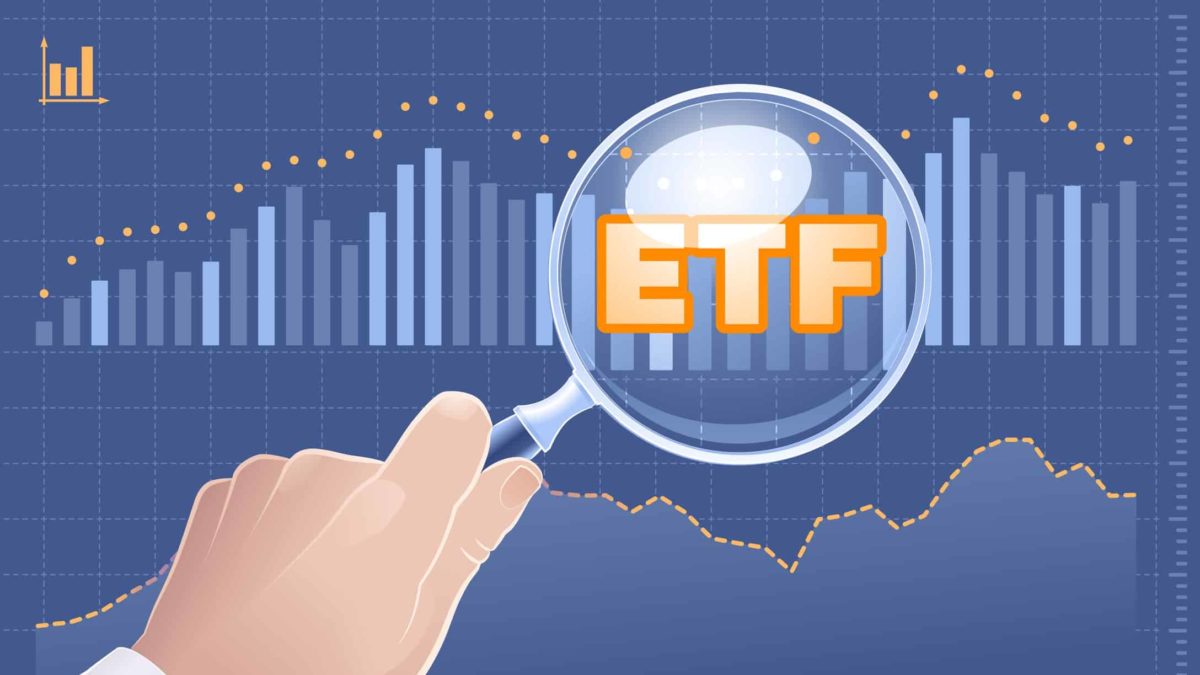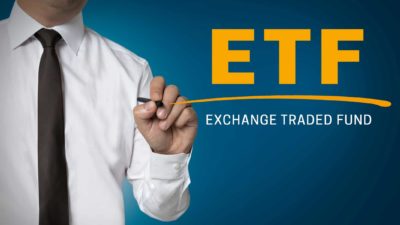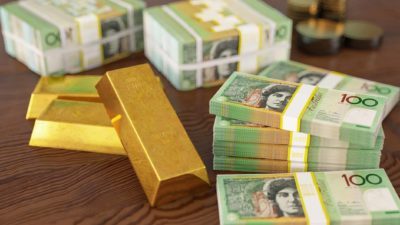The Vanguard FTSE All-World ex-US ETF (ASX: VEU) is one of the most diversified exchange-traded funds (ETFs) offered by Vanguard on the ASX.
The purpose of the ETF is to track the return of the FTSE All-World ex-US Index. Essentially, it invests in a large number of businesses in major 'developed' and 'emerging' countries outside of the US.
Now that we have a basic understanding of what the ASX ETF does, I'm going to point out some of the main positives and negatives of the VEU ETF.
Positives about the VEU ETF
The concept of diversification is that by spreading our investment 'eggs' across more baskets, it reduces the risks of the investment going wrong. There may still be volatility, but it could reduce the likelihood of a sizeable permanent capital loss.
There are a large number of countries that (currently) have a weighting of more than 1%: Japan (15.8%), the UK (9.8%), China (8.7%), France (7.2%), Canada (6.2%), Switzerland (6.1%), Germany (5.3%), Australia (5.1%), India (4.4%), Taiwan (4.2%), South Korea (3.4%), the Netherlands (2.9%), Sweden (1.9%), Denmark (1.8%), Hong Kong (1.8%), Brazil (1.7%), Italy (1.7%), Spain (1.6%) and Saudi Arabia (1.2%).
As you can see, there is an enormous geographic diversification.
There is also a large number of businesses involved. The Vanguard FTSE All-World ex-US ETF has more than 3,700 holdings, which is a huge number for one investment to provide exposure to with just one pick.
The biggest positions in the portfolio are some of the strongest businesses in the world, and typically one of the world leaders at what they do. At the end of July 2023, these were some of the biggest positions: Taiwan Semiconductor Manufacturing, Nestle, Samsung Electronics, Tencent, ASML, Novo Nordisk and LVMH Moet Hennessy Louis Vuitton.
For how much diversification that investors get, it has a very cheap annual management fee of 0.08%.
It also has a solid dividend yield for an international ETF of 3.1%, according to Vanguard.
The VEU ETF has produced decent returns over the long term. In the past five years, the Vanguard FTSE All-World ex-US ETF has made an average return per annum of 6.2%.
Negatives of the VEU ETF
The ETF has been purposefully designed to exclude US businesses so that investors can strategically increase their allocation to non-US businesses.
However, that lack of US inclusion means it hasn't been invested in some of the strongest global businesses like Apple, Microsoft, Alphabet, Amazon.com and Berkshire Hathaway.
If we look at the returns of the Vanguard MSCI Index International Shares ETF (ASX: VGS), which is also invested in a large number of businesses, including US ones as well. In the last five years, the VGS ETF has returned an average of 11.5% per annum, much stronger than the VEU ETF.
Past performance is not necessarily going to be a reliable indicator of future performance, but the US companies have demonstrated a long track record of growing profit and performing well, so the VEU ETF has missed out on some of the strongest global performers.
I believe that this is a very strong ETF choice for diversification, but my opinion is that investors should still get a large weighting to US businesses as well because of how good many of them are.









